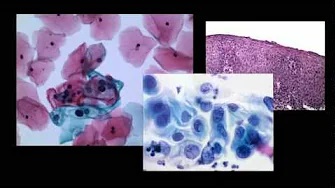Document Type
Article
Publication Date
11-2-2023
Abstract
Melanoma brain metastasis (MBM) is significantly associated with poor prognosis and is diagnosed in 80% of patients at autopsy. Circulating tumor cells (CTCs) are "seeds" of metastasis and the smallest functional units of cancer. Our multilevel approach has previously identified a CTC RPL/RPS gene signature directly linked to MBM onset. We hypothesized that targeting ribogenesis prevents MBM/metastasis in CTC-derived xenografts. We treated parallel cohorts of MBM mice with FDA-approved protein translation inhibitor omacetaxine with or without CDK4/CDK6 inhibitor palbociclib, and monitored metastatic development and cell proliferation. Necropsies and IVIS imaging showed decreased MBM/extracranial metastasis in drug-treated mice, and RNA-Seq on mouse-blood-derived CTCs revealed downregulation of four RPL/RPS genes. However, mitochondrial stress tests and RT-qPCR showed that omacetaxine and palbociclib inversely affected glycolytic metabolism, demonstrating that dual targeting of cell translation/proliferation is critical to suppress plasticity in metastasis-competent CTCs. Equally relevant, we provide the first-ever functional metabolic characterization of patient-derived circulating neoplastic cells/CTCs.
Recommended Citation
Bowley TY, Merkley SD, Lagutina IV, Ortiz MC, Lee M, Tawfik B, Marchetti D. Targeting Translation and the Cell Cycle Inversely Affects CTC Metabolism but Not Metastasis. Cancers (Basel). 2023 Nov 2;15(21):5263. doi: 10.3390/cancers15215263. PMID: 37958436; PMCID: PMC10650766.

